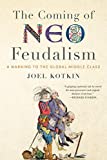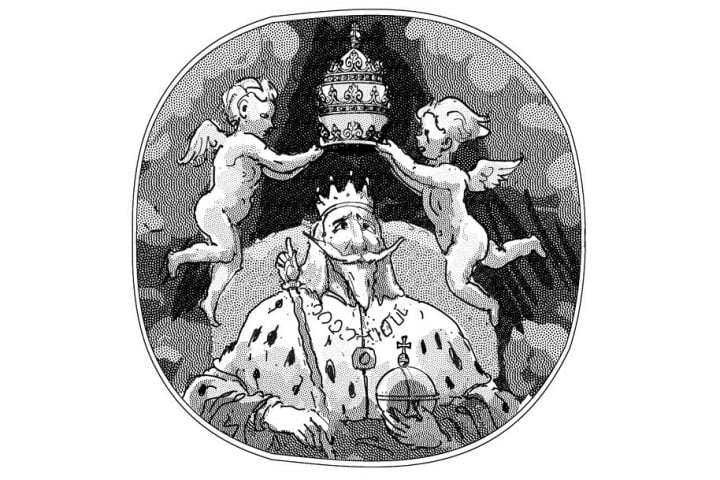Books Reviewed
The United States, like the developed world more generally, is going through its greatest economic transformation since the early 20th century. A hundred years ago, giant corporations in the oil, steel, rail transport, and meat-packing industries reshaped the American political and social landscape. Now our way of life is being dramatically altered once again by the digital revolution.
Two distinguished public intellectuals, Michael Lind of the University of Texas at Austin and Joel Kotkin of Chapman University in California, have taken the lead in trying to make sense of the new digital economy. Lind’s The New Class War: Saving Democracy from the Managerial Elite and Kotkin’s The Coming of Neo-Feudalism: A Warning to the Global Middle Class deserve to be read together. Though they approach their subject from slightly different perspectives, both authors meld history, sociology, and geopolitics with on-the-spot journalism and energetic prose to demonstrate that our society is becoming highly stratified. Their arguments will likely remain resonant throughout the 2020s and afterward.
Lind, inspired by Teddy Roosevelt, has repeatedly argued for a Hamiltonian economic philosophy involving strong, centralized government action. In 2012, when his book Land of Promise: An Economic History of the United States was released, he laid out the






